
Background Check Exposes Applicant’s Lies: “I’ve Never Been Called On It”
Interview With ExpertLying to some people might seem like a great way to improve their chances of landing a job in a competitive market. Indeed, exaggerated skills, experience, and certifications can make an applicant more appealing to recruiters. However, if the interviewer gets a whiff of dishonesty, it can result in a sabotaged career.
Surprisingly, this woman has been embellishing her résumé for quite a few years and has never been caught—until recently, that is. But in the end, she still managed to get out of the situation and even secured the position.
Scroll down to find the full story and conversation with Joni Holderman, founder and chief resume strategist of Thrive! Resumes, and Melissa Trager, founder and chief resume officer of Resume All Day, who kindly agreed to tell us more about job hunting and lying.
Some people resort to lying to get an edge in the competitive job market
Image credits: YuriArcursPeopleimages / envato (not the actual photo)
Like this woman, who was caught lying and still managed to secure the position
Image credits: luis gomes / envato (not the actual photo)
Image credits: insta_photos / envato (not the actual photo)
Image credits: SheGotGrip
64.2% of people have lied on their résumé at least once
Image credits: Andrea Piacquadio / pexels (not the actual photo)
It seems that many people are looking for any advantage to land a job nowadays. According to StandOutCV’s research, 64.2% of people have lied on their résumé at least once. Those who did indicated wanting to improve their chances of getting hired as their number one reason for doing it.
Bored Panda reached out to Joni Holderman, founder and chief resume strategist of Thrive! Resumes, and Melissa Trager, founder and chief resume officer of Resume All Day, to find out what counts as lying on résumés and if job hunters should avoid it.
“Lying on a resume is grossly overstating your job responsibilities and skill set,” says Trager. “This could be in the form of writing proficiency in certain software, coding languages, or databases or exaggerating your reporting structure and oversight.”
Both experts agree that it’s never acceptable to be dishonest with recruiters. “It will hurt your personal brand in the long run if you state that you are qualified for certain skills that you have no clue how to do,” says Trager.
“You are very likely to be caught,” adds Holderman. Indeed, while 80% of dishonest people were still hired, nearly half of them lost the job offer after getting caught. “Even if the lie is uncovered years later, you can and will be terminated immediately. This actually happened a few years ago to a VP of Human Resources at Walmart who had lied about having completed his bachelor’s degree,” she says.
Even though companies check potential employees’ credentials and have advancing technology and social media in their favor to make it easier, a lot of people still choose to bend the truth. “People lie on resumes when they feel insecure,” says Holderman. “Someone who regrets not finishing their college degree will lie about that when there are highly ethical, totally honest, and effective ways to handle it on the resume,” she says.
On the other hand, some people embellish their information because they truly believe they can master skills listed in job ads or have a false sense of confidence in their capabilities, notes Trager.
The worst lie that a person can put on their résumé is claiming to have a degree when they don’t. “Others are job title, dates of employment, and name of employer. These will be checked by every company,” says Holderman.
It’s highly recommended to stay honest while job hunting
Image credits: Tima Miroshnichenko / pexels (not the actual photo)
However, Trager says that inflating certain numbers or skills a person has can be acceptable. “For example, I always tell my clients to quantify on the resume when possible. For my client’s past roles, they no longer have access to their former company’s data, so we sometimes have to pull numbers from memory. These are rough estimates of the spending managed, deals closed, etc., but all have honest intentions when listed. In these cases, it is acceptable to put an estimate, as the individual is being honest in the skills and projects completed.”
“It is okay to take credit for team accomplishments on the resume,” adds Holderman. “And to make those accomplishments shine as brightly as possible. It’s also okay if you are unemployed to frame that as being a consultant open to contracts. Both computerized resume systems and LinkedIn penalize candidates when the resume shows they are not currently employed. So that’s just self-defense,” she explains.
If you’re tempted to lie about your hobbies to appear as a more interesting personality to employers, there’s no need to do that, says Holderman. “Employers don’t hire unqualified people solely because they have interesting hobbies. Once you are hired, it will become obvious that you’re not really a juggling clown trapeze artist in your spare time.”
Rather than lying, job hunters can employ other ways to creatively construct their CVs. Holderman suggests highlighting your strengths rather than lying about your weaknesses. “Extol accomplishments where you created value for the company. That’s what every employer wants.”
Meanwhile, Trager recommends “including verbiage such as “beginner knowledge of,” “basic knowledge of,” and “working knowledge of” when describing technical skills, rather than listing that one is “proficient or fluent in” to show that an applicant has some level of familiarity with the necessary skills and systems without lying about their abilities.”
Readers were impressed by the author’s job-hunting tactics
Some even shared similar stories
Poll Question
Thanks! Check out the results:
I really, really don't like liars. If someone lies to you once, you know that you can never trust them again. With anything.
Me too. I didn't like this whole story, the vibe or the attitude...
Load More Replies...I tried for literal YEARS to get a job (not in academia) after I got my PhD. Not only did I not get a job, I almost never even got contacted by the jobs I applied to. Finally, I decided that the problem was that they thought I was overqualified, so I took my PhD off my resume and just left the MA. Got a call later that week and got the job. JFC.
I really, really don't like liars. If someone lies to you once, you know that you can never trust them again. With anything.
Me too. I didn't like this whole story, the vibe or the attitude...
Load More Replies...I tried for literal YEARS to get a job (not in academia) after I got my PhD. Not only did I not get a job, I almost never even got contacted by the jobs I applied to. Finally, I decided that the problem was that they thought I was overqualified, so I took my PhD off my resume and just left the MA. Got a call later that week and got the job. JFC.

 Dark Mode
Dark Mode 

 No fees, cancel anytime
No fees, cancel anytime 







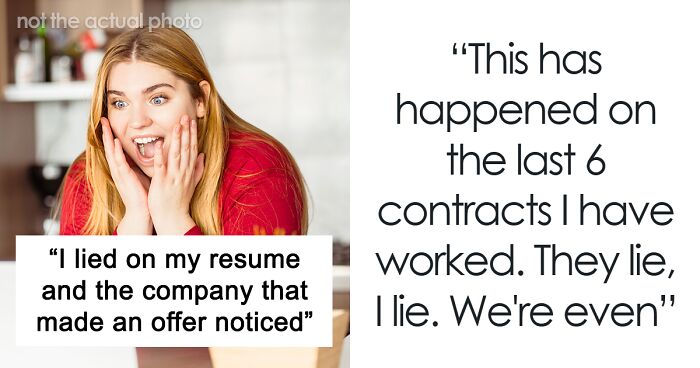

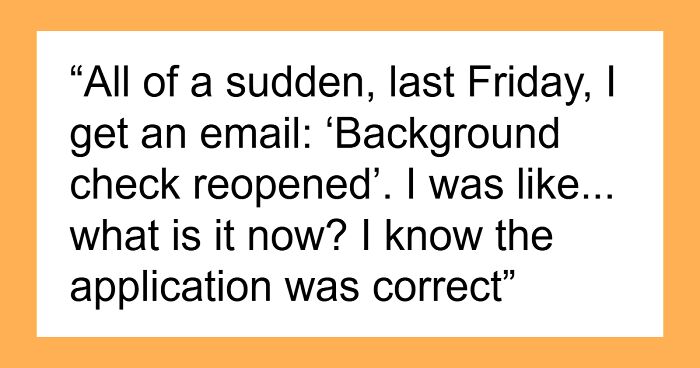


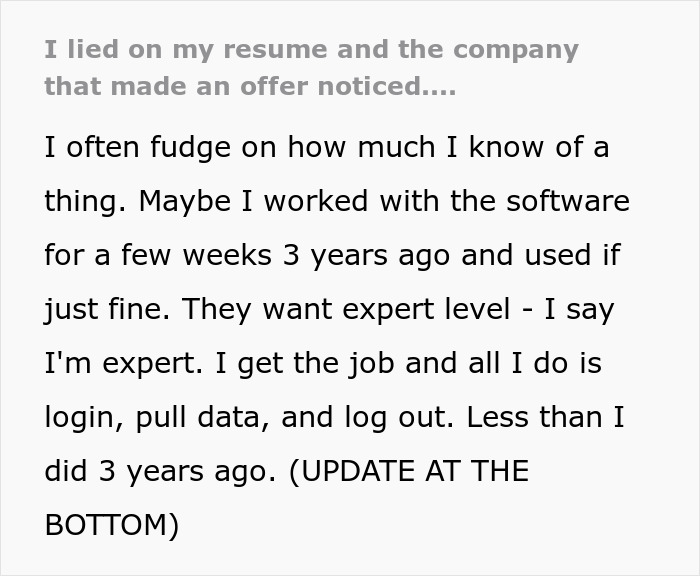
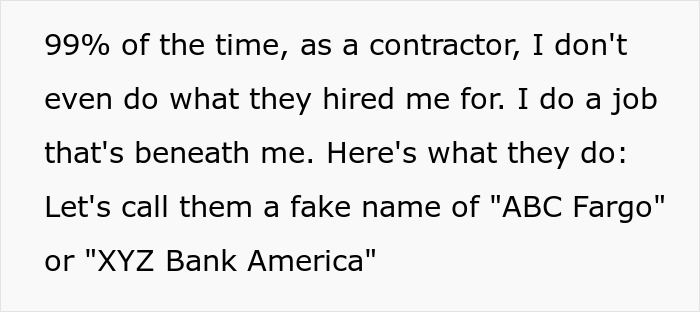
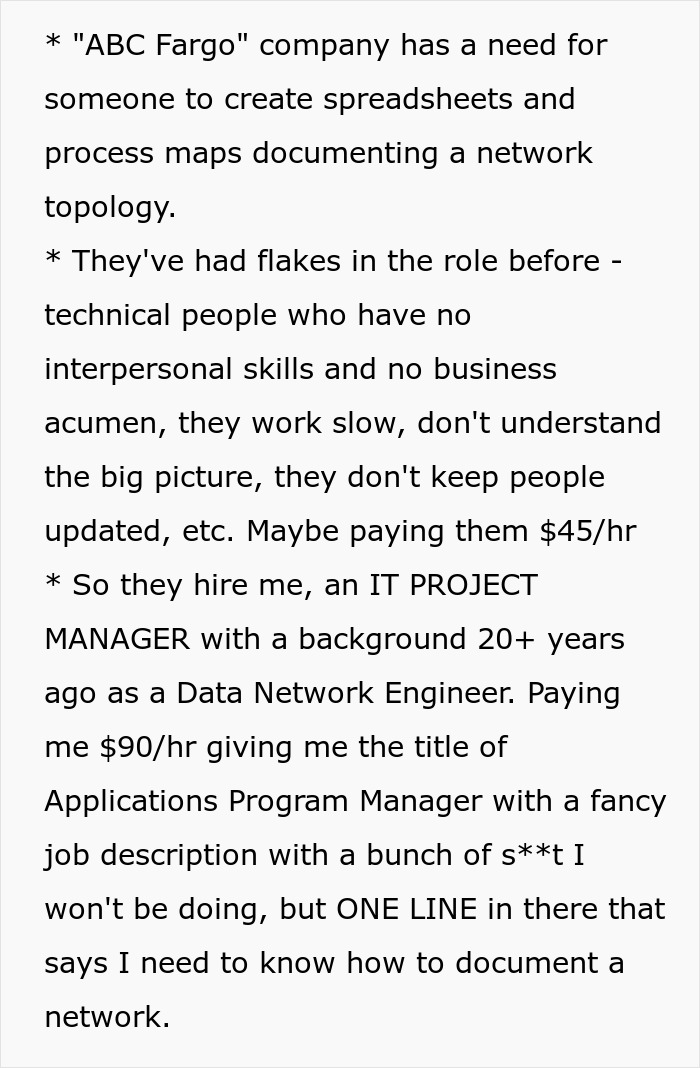
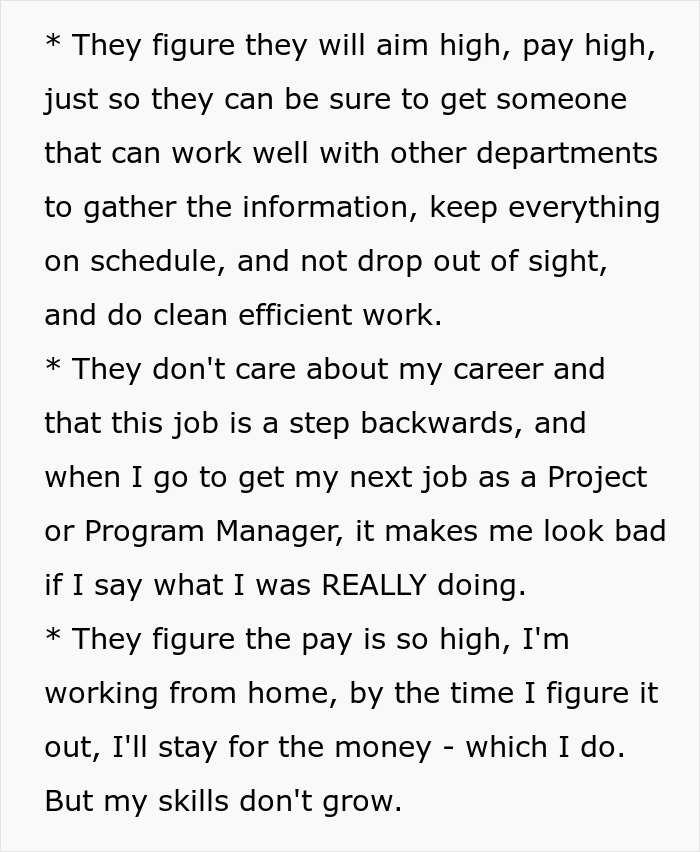
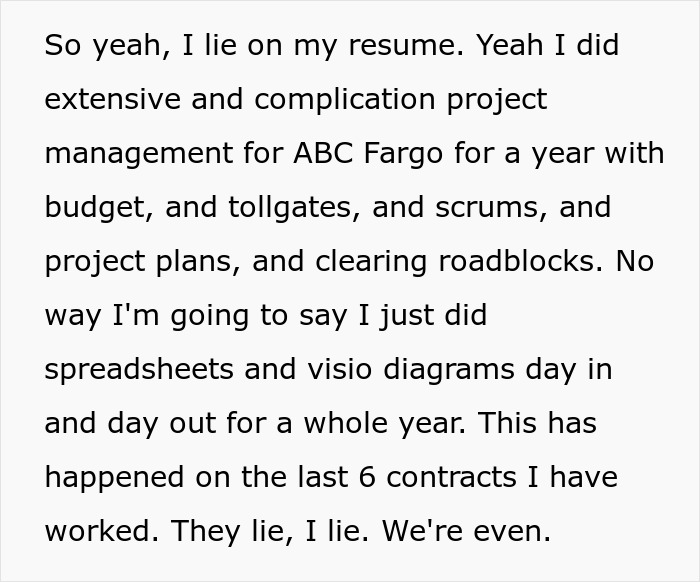
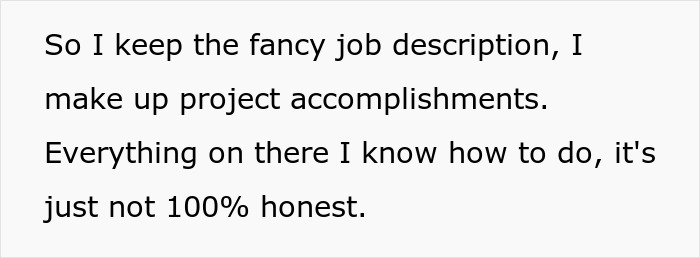
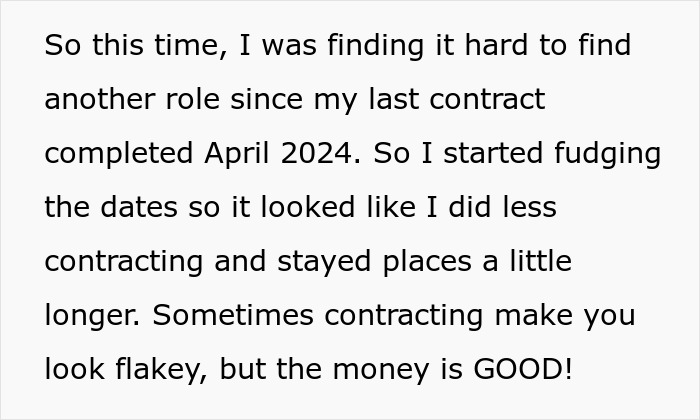
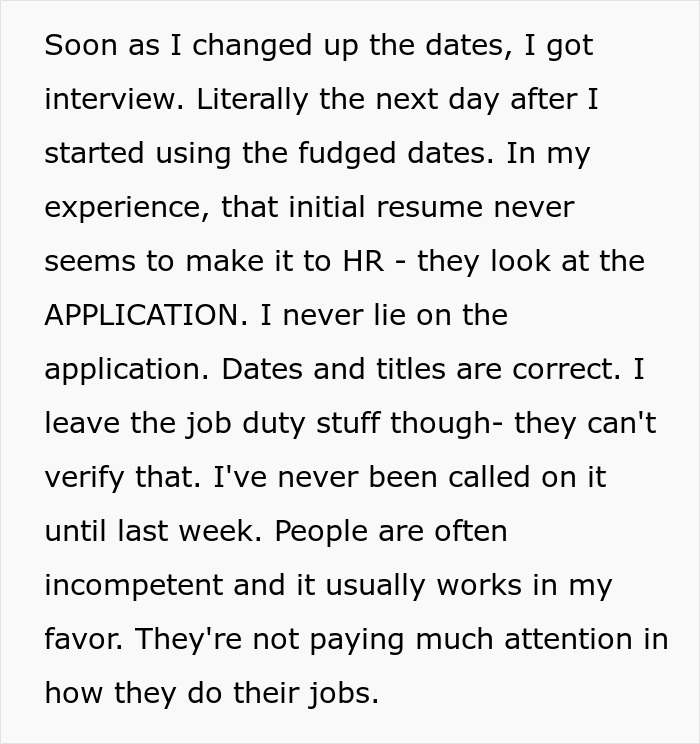

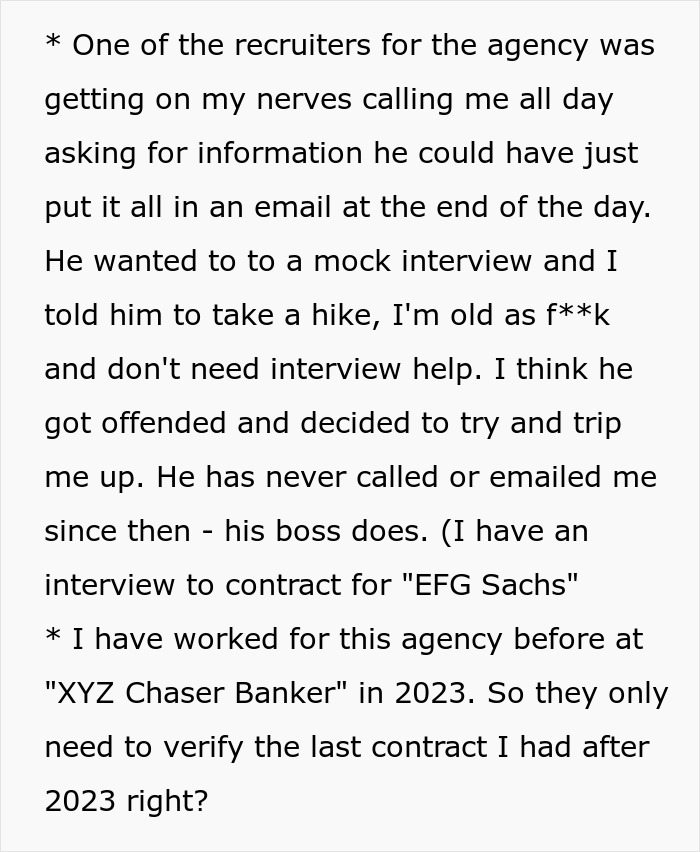
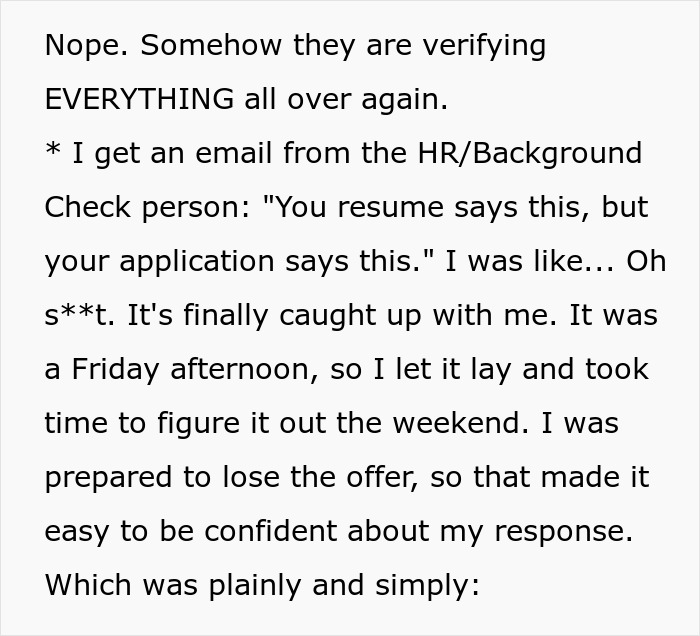


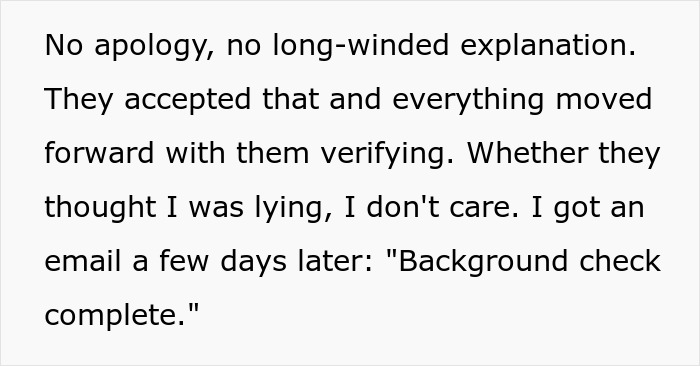

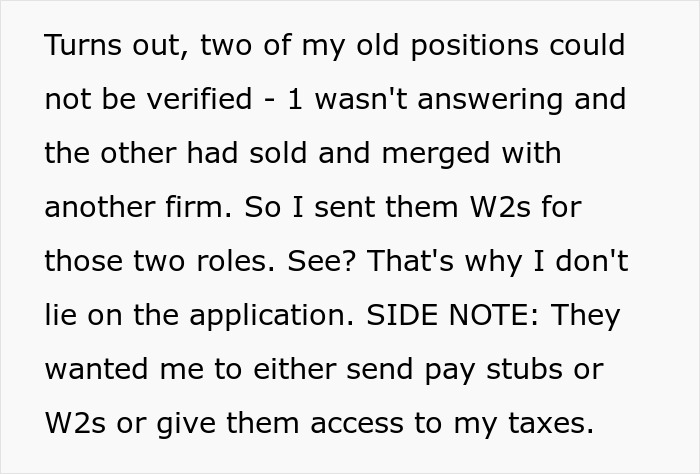
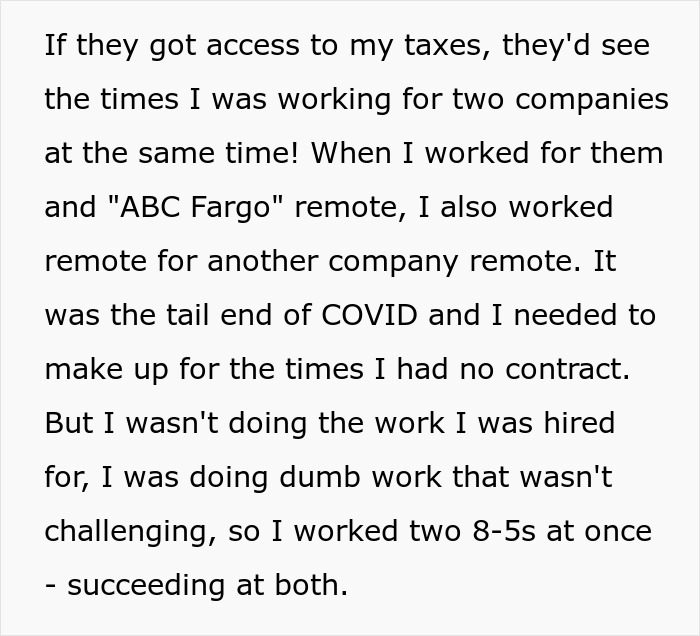
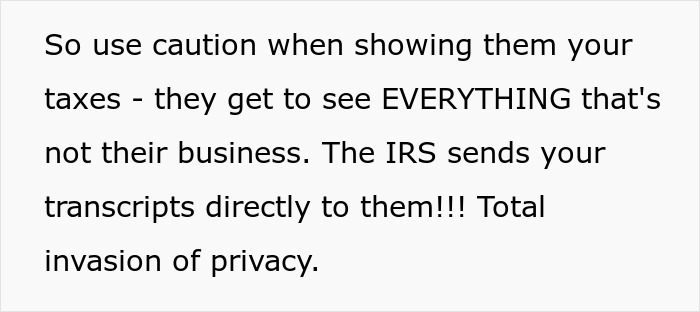
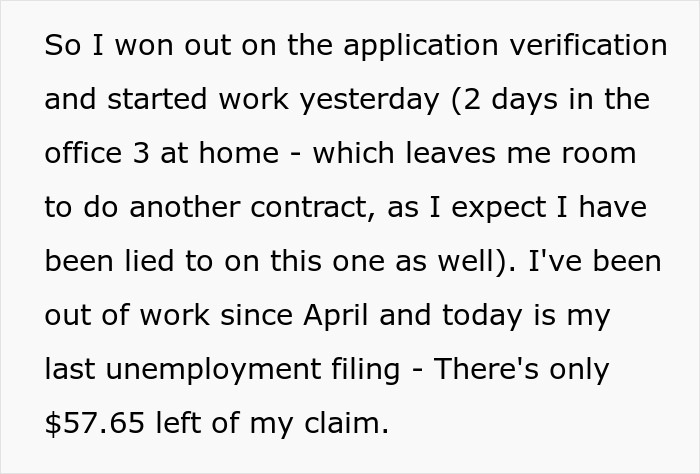
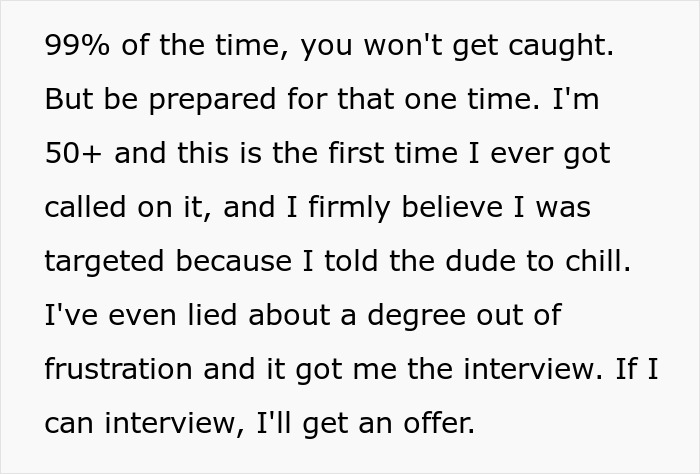
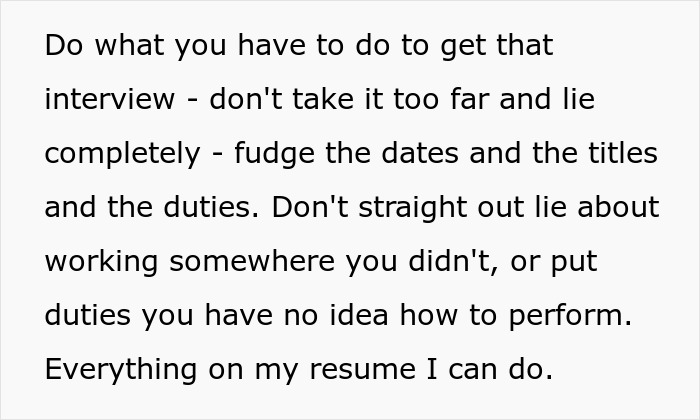

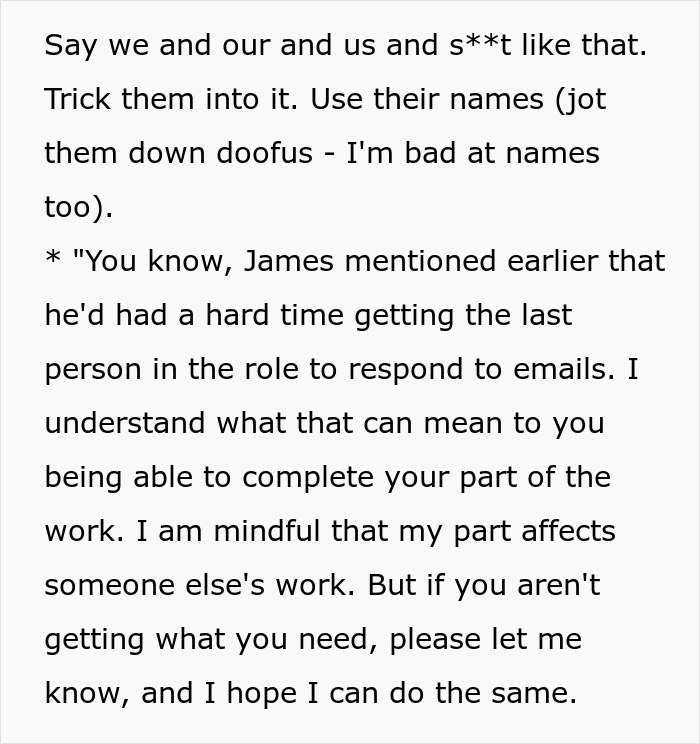

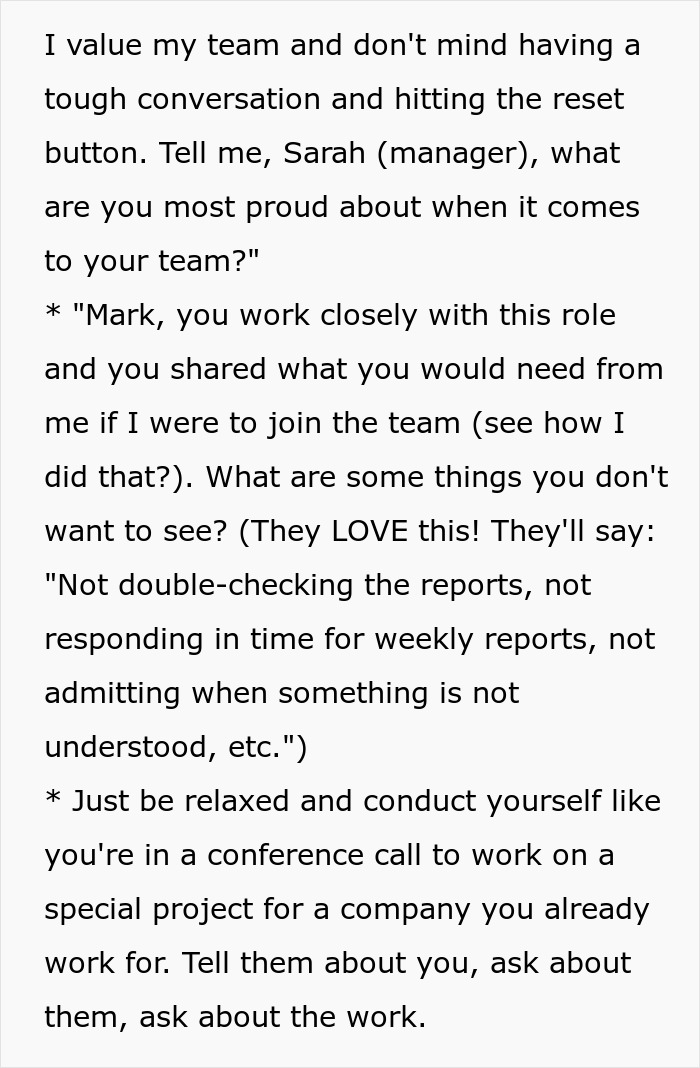
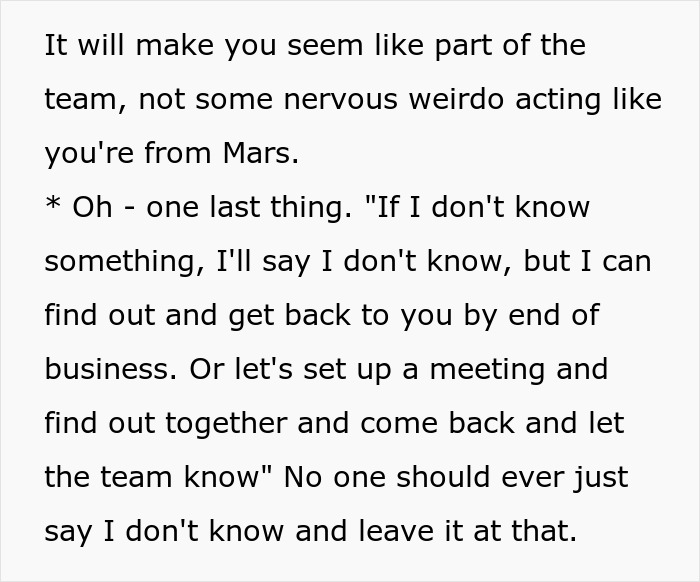
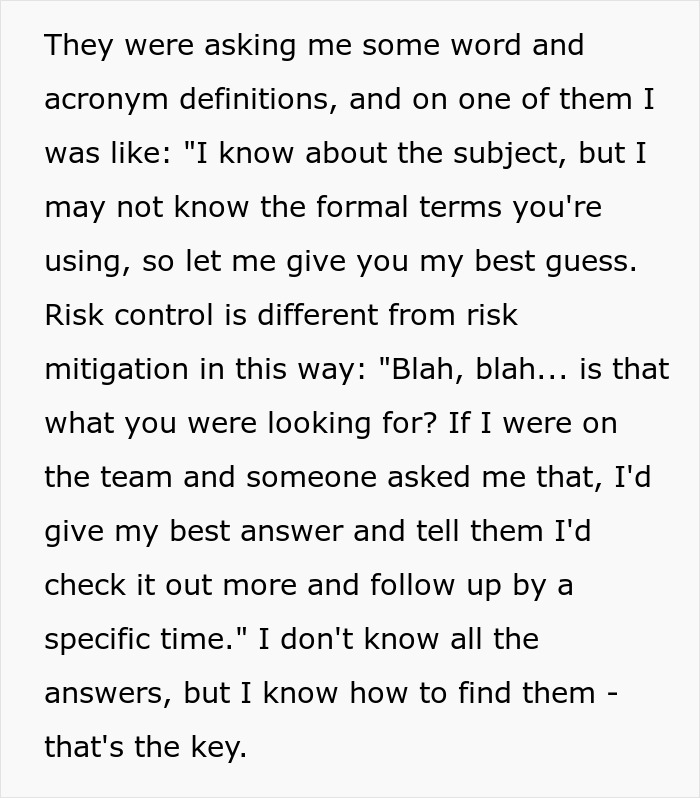

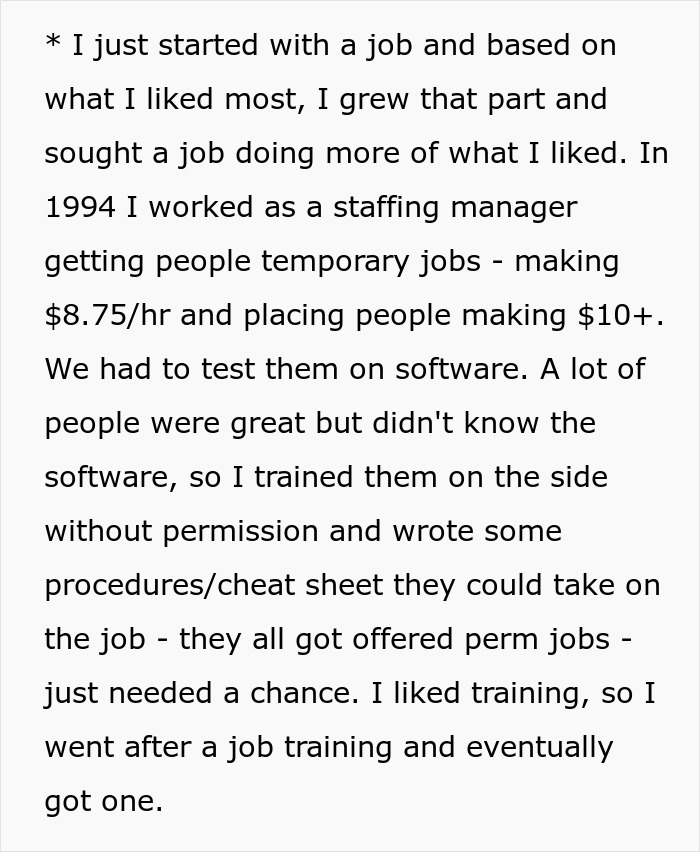
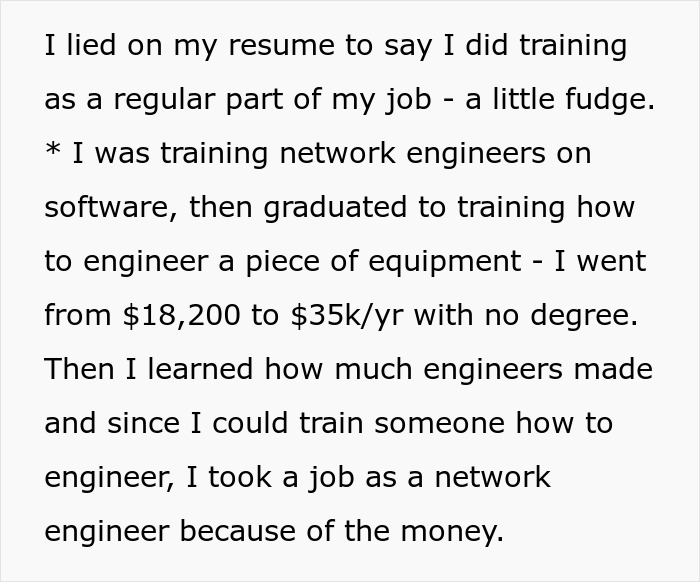
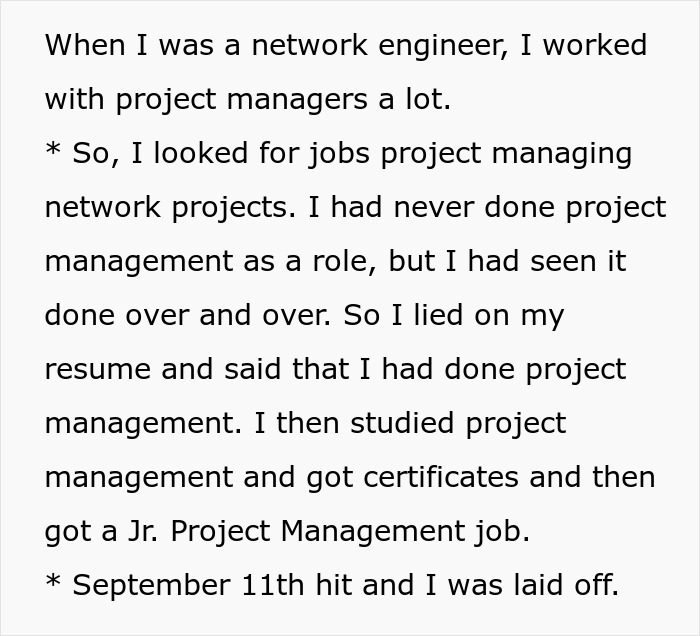
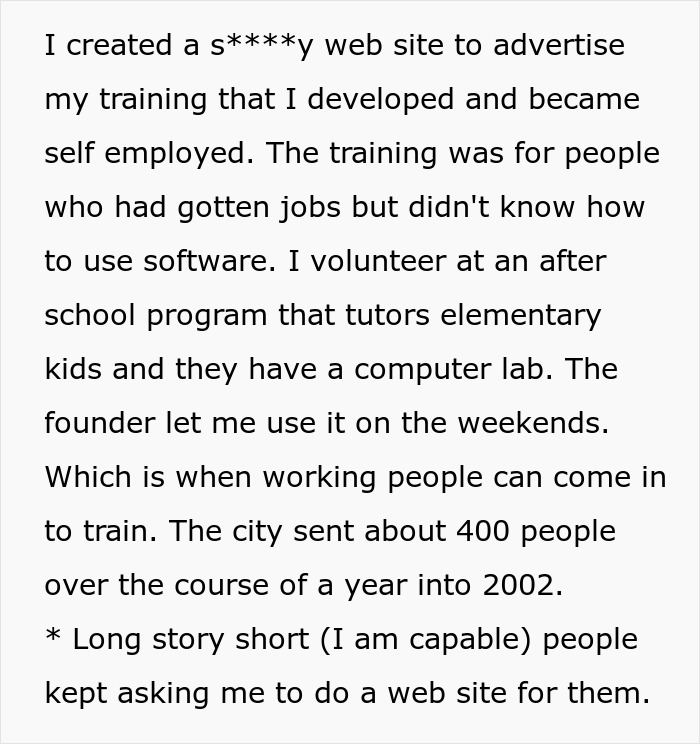
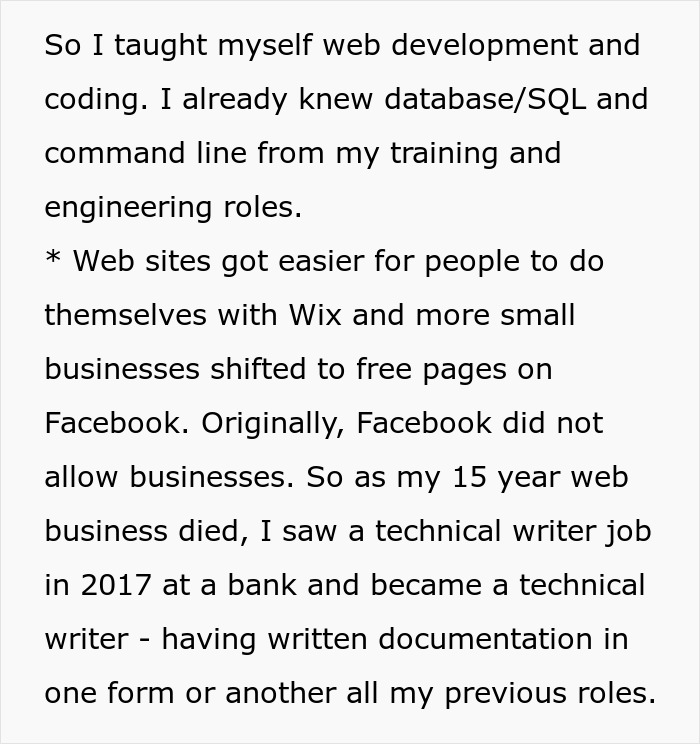
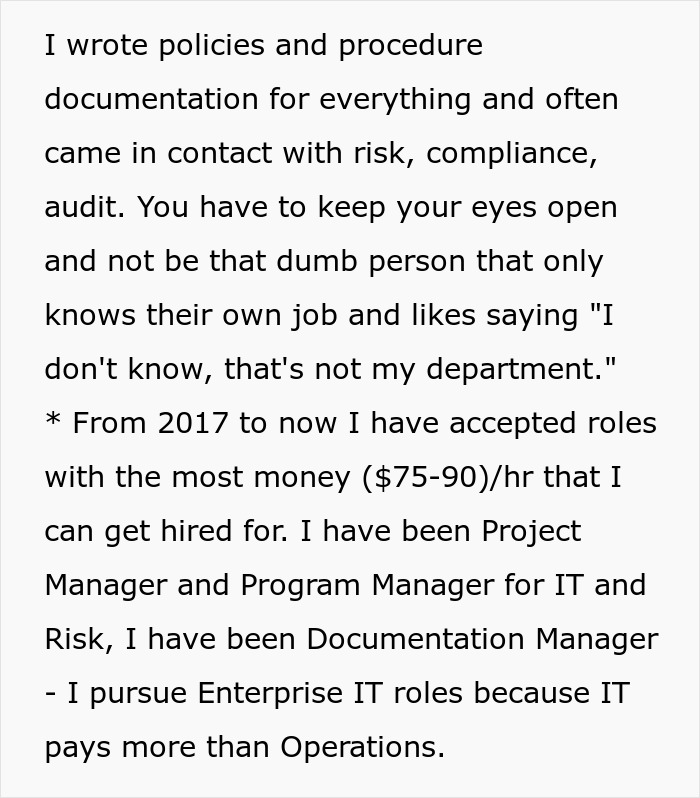
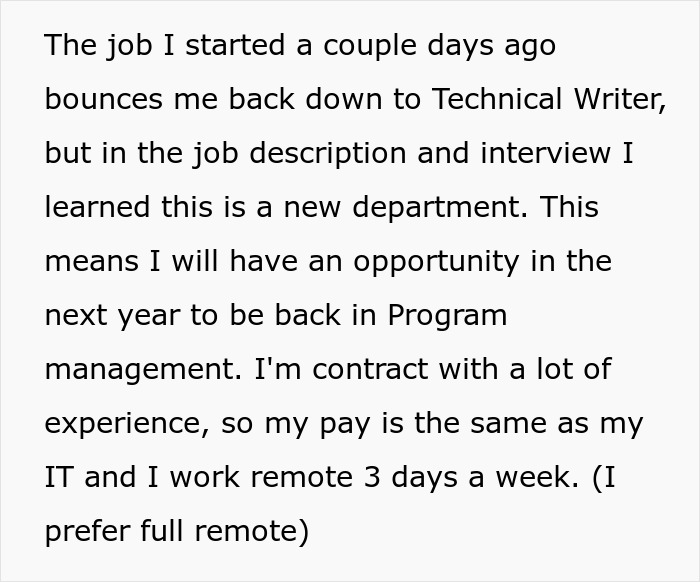




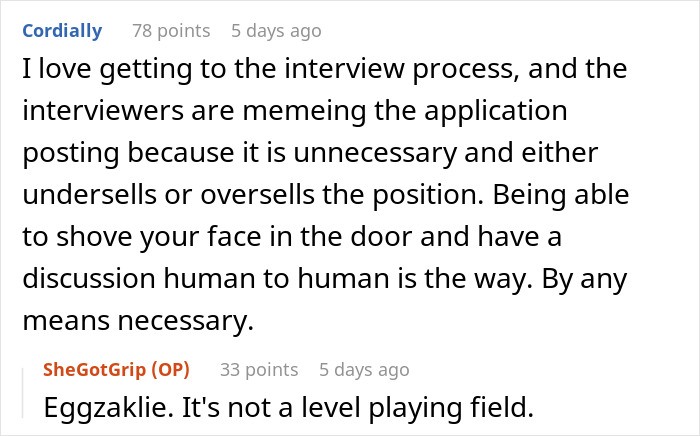

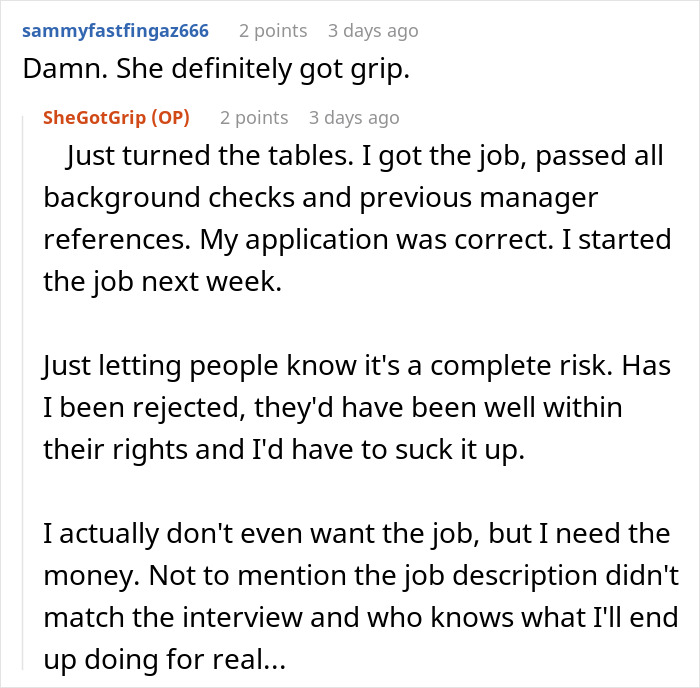



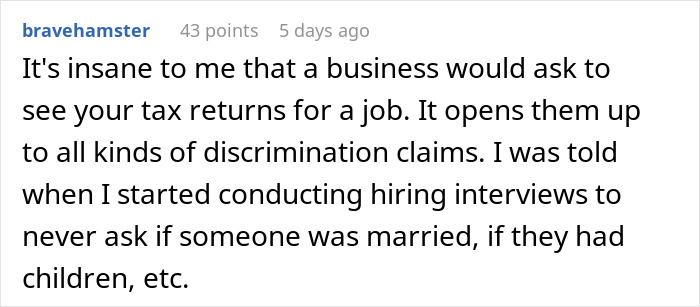
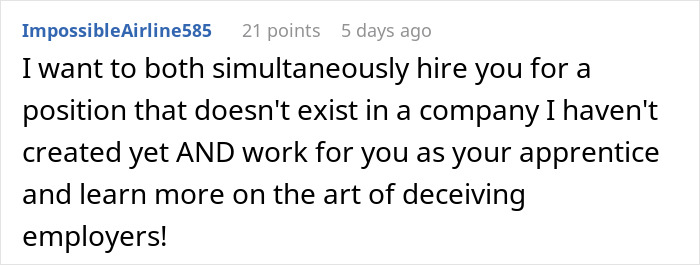


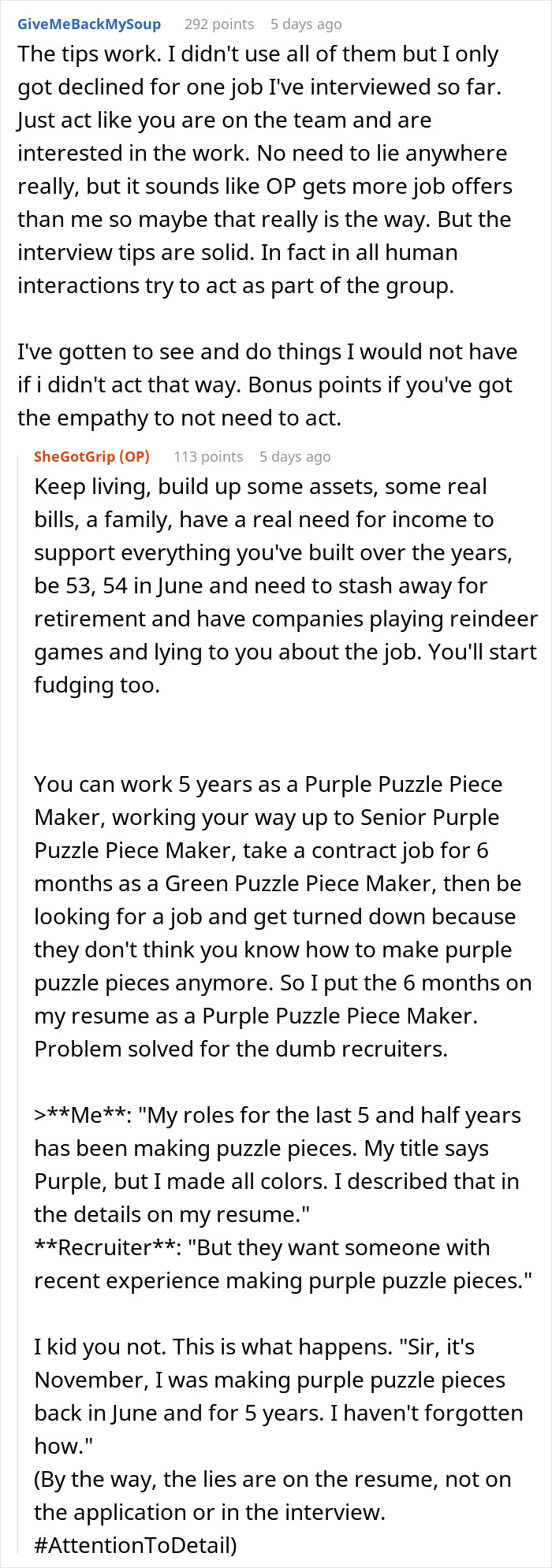








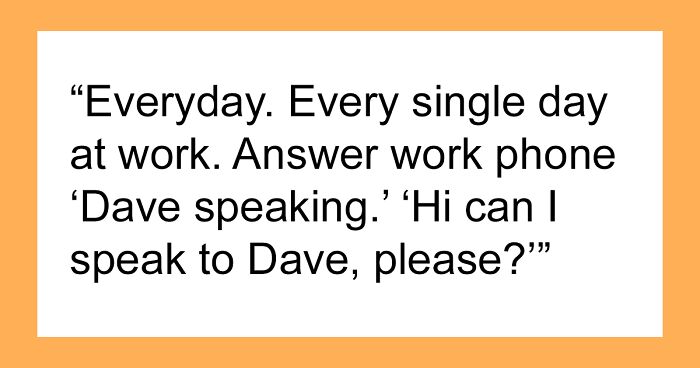

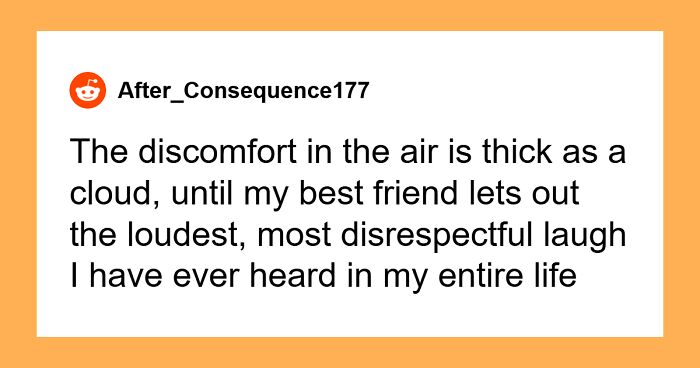


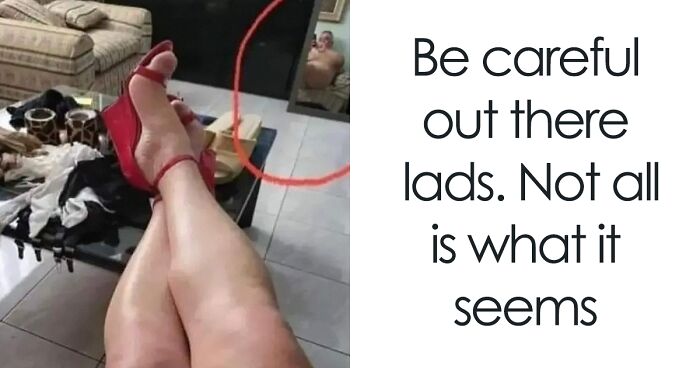


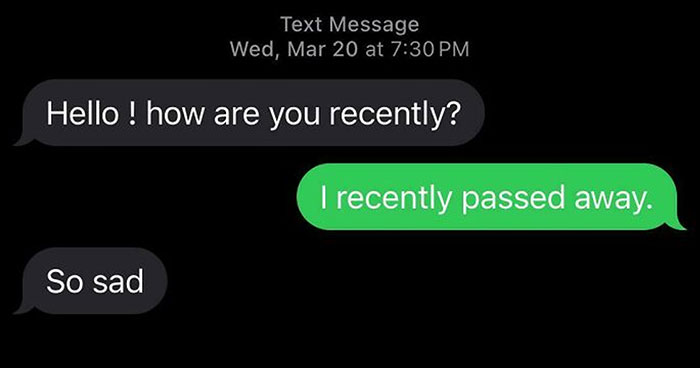



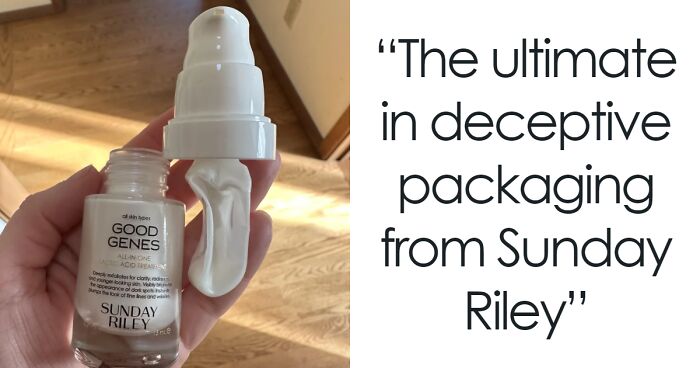
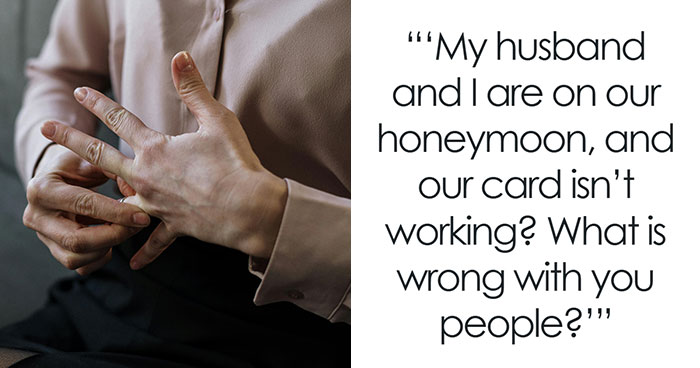




5
26